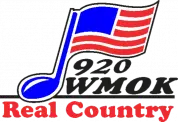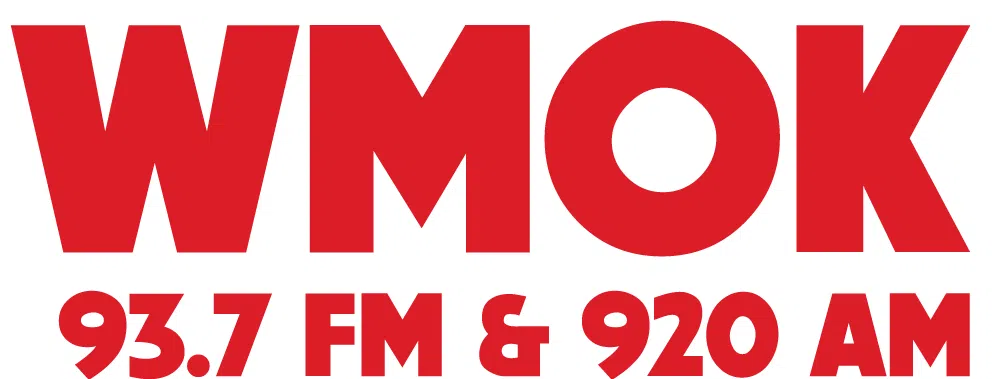WMOK (Springfield, IL) – In a significant move toward environmental sustainability, the Illinois legislature has approved the Clean Lighting Act, which will reshape the state’s approach to lighting technology in the coming years. This landmark legislation prohibits the sale and distribution of new compact fluorescent lamps (CFLs) and linear fluorescent lamps, marking a decisive step in the transition to more energy-efficient lighting solutions.
Under the new law, which will take effect on January 1, 2025, the sale of screw-base and bayonet-base compact fluorescent lamps will be banned starting January 1, 2026. Additionally, the use of pin-base compact fluorescent lamps and linear fluorescent lamps will be prohibited beginning January 1, 2027—pushing the initial timeline for these products out by two years from the previously proposed date of January 1, 2025.
Supporters of the Clean Lighting Act argue that this legislation aligns with broader efforts to reduce carbon footprints and enhance energy conservation across Illinois. “The transition away from traditional fluorescent lighting is a necessary step toward a cleaner and more sustainable future,” said State Senator Jane Doe, a key proponent of the bill. “By encouraging the adoption of energy-efficient lighting, we are not only improving the quality of our environment but also helping residents save on energy costs.”
The act also empowers utility companies to expand their offerings related to energy-efficient lighting. Utilities may provide rebates, recycling services for lamps, and claim energy savings based on fluorescent technology through approved energy conservation and optimization plans. This provision is designed to incentivize both consumers and businesses to upgrade to more sustainable alternatives.
Critics of the legislation have expressed concerns over the impact of such regulations on consumers and the potential for confusion as the transition unfolds. However, proponents assert that with proper education and outreach, the transition can be smooth and beneficial for residents statewide.
As Illinois joins a growing number of states implementing similar regulations, the Clean Lighting Act marks a pivotal chapter in the journey toward embracing innovative lighting technologies and energy efficiency. As the effective date nears, stakeholders will be looking to engage the public in understanding their options and the benefits of making the switch.




Comments